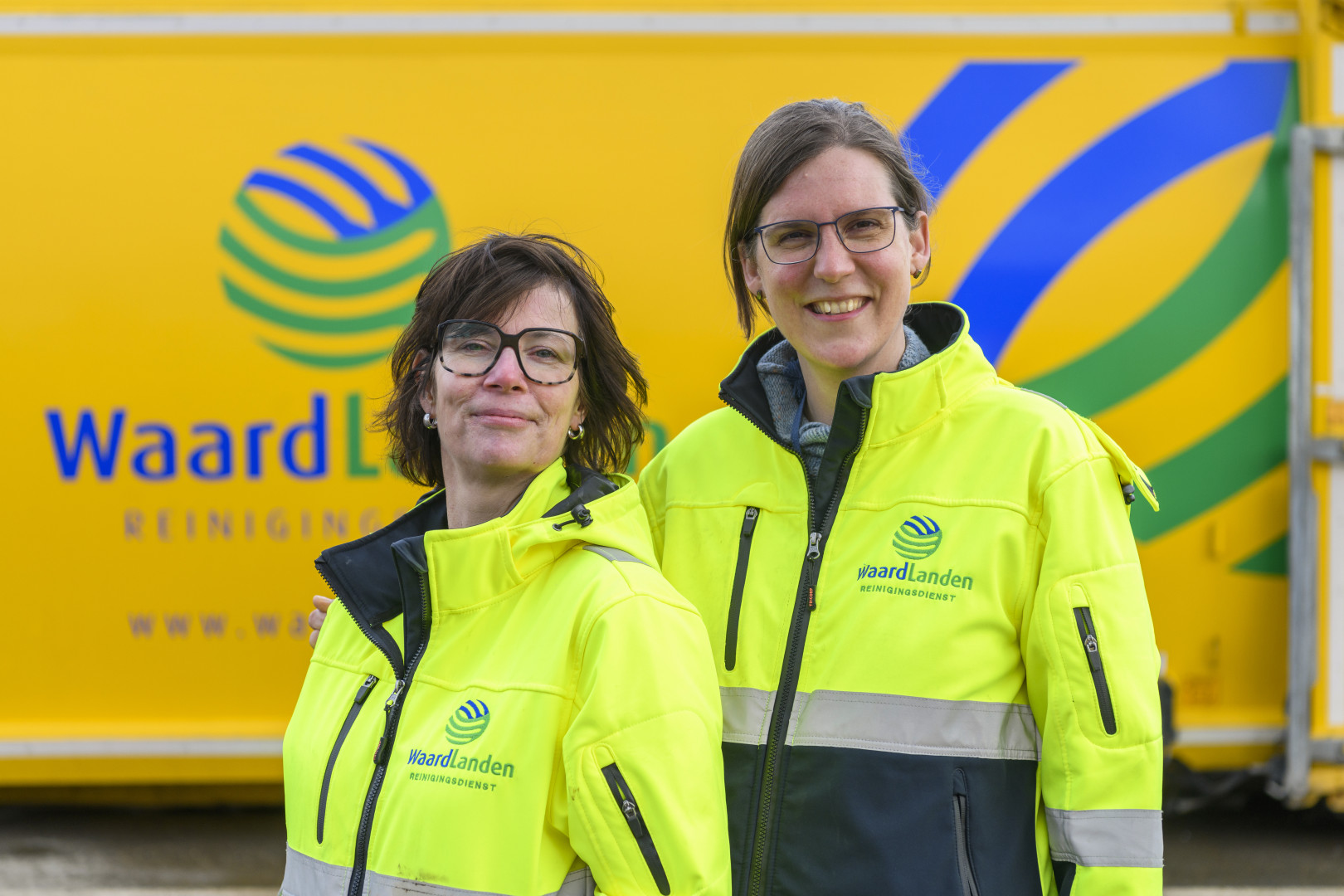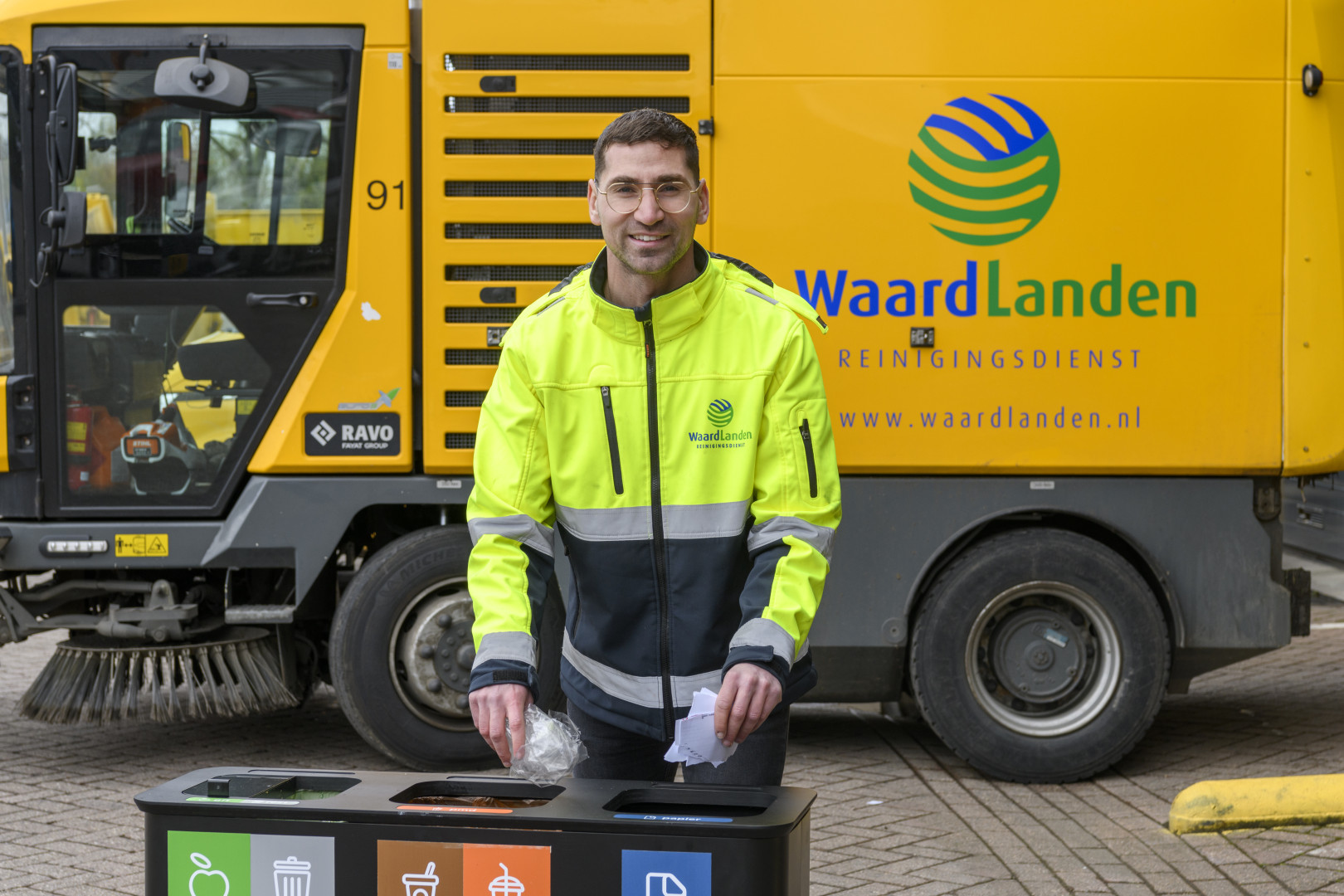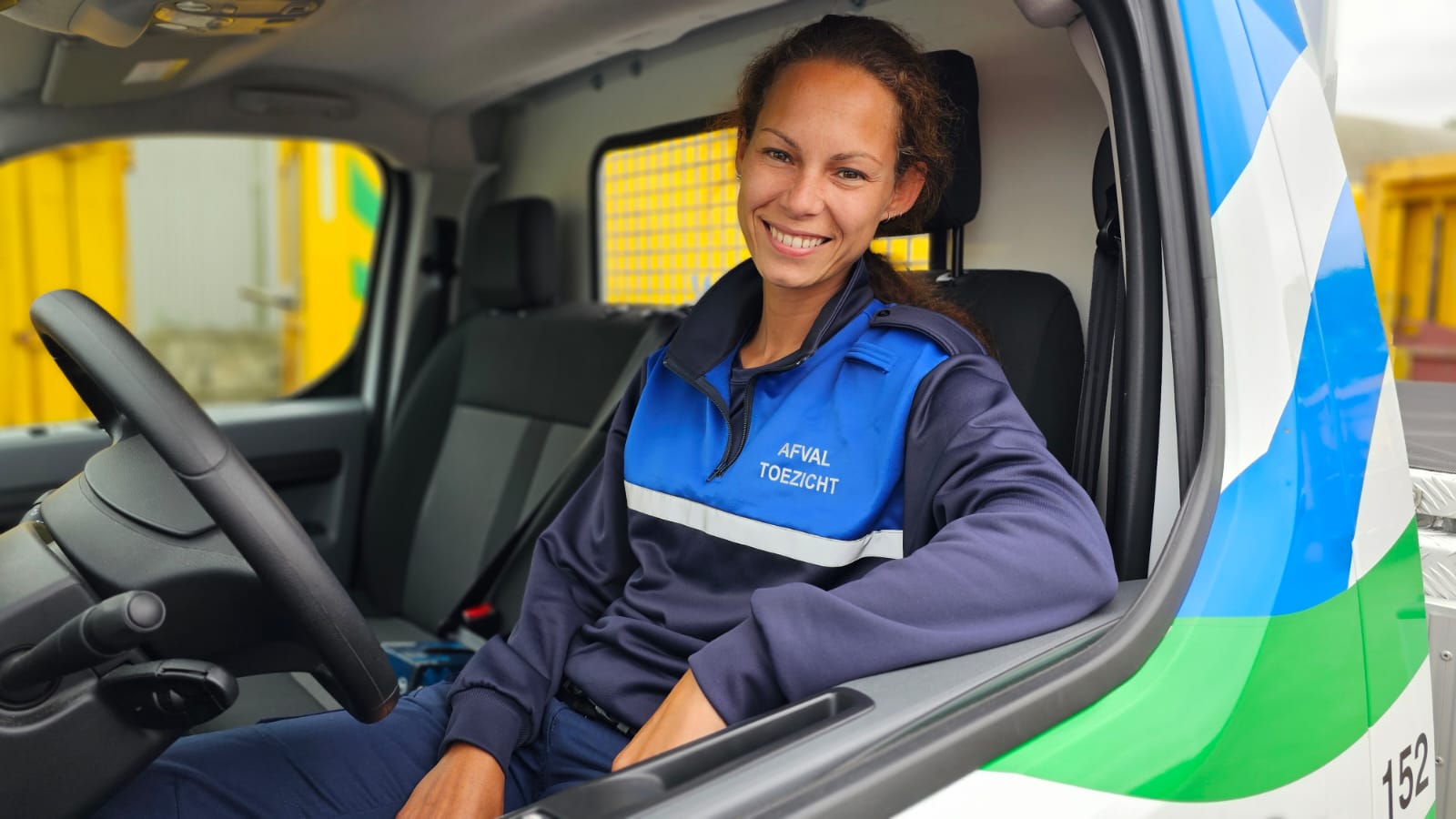Preventing waste and properly separating raw materials is better for the environment and your wallet. But how? We know that reducing residual waste and separating it properly can sometimes be a challenge. That is why we would like to help you with tips and advice.

Meet our environmental coaches Ingrid and Nelleke
Waste is a big topic in our municipalities. There are many questions and ideas among residents about reducing residual waste and separating raw materials. Our environmental coaches answer questions and help gather ideas by talking to residents. In this way, we work together with you towards a clean environment and a waste-free future.
Our environmental coaches are on the road every day. You can meet them everywhere: on the street, at meetings and events. So do you not know something or are in doubt? Don't hesitate and ask your question online or when our encounter them!
Environmental coach Nelleke: 'Separating waste makes sense! All kinds of new products are made from separated waste. Reuse and recycling saves raw materials, saves energy and reduces CO2-emissions.'
> Put your question to our environmental coaches Ingrid and Nelleke

Environmental education: raising awareness and changing behaviour among young people
Learned young is done old! Of course, the same goes for reducing waste and separating raw materials properly. That is why our education officer Ozan spends much of his time at the waste-free schools. Here he teaches about resource separation. He also holds talks with management about reducing residual waste. Because sharing knowledge is very important to encourage more understanding and different behaviour.
> Find out more about environmental education

Monitoring and enforcement: preventing serious pollution
To properly implement the changes around waste collection, supervisors are important. In waste collection, we sometimes come across serious pollution. Examples include waste placed near the collection containers and dumped waste in public spaces. Putting waste next to a collection container is prohibited. Apart from the high clean-up costs for this offence, collection containers can be difficult or sometimes not even emptied. Side deposits create a messy street scene and are bad for the safety and public health of a neighbourhood. They create litter, pests and dangerous situations. Moreover, they lead to loss of resources. Our supervisors do all they can to stop that. Of course, you can also contact them with your questions about waste and raw materials.







